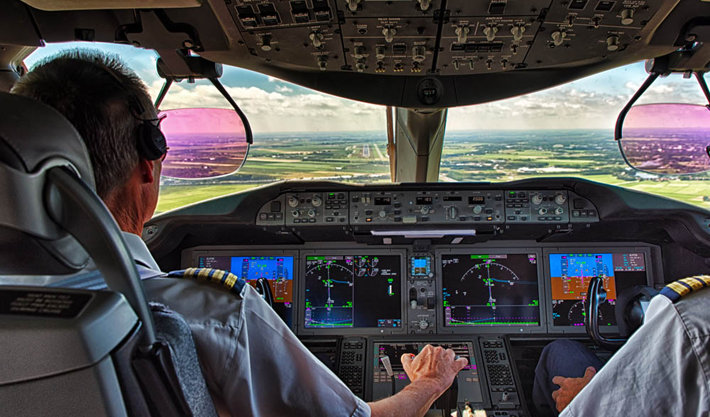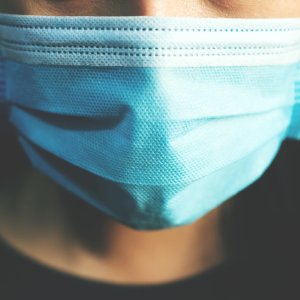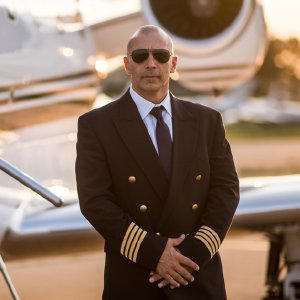Stable Recovery a Must for Airline Pilots

Individuals working in transportation of any type are in unique positions when it comes to substance abuse – they hold the lives of many people in their hands. Airline pilots convey hundreds of people at a time, as do railroad engineers. Truck drivers may not transport a high number of people but they risk the lives around them should they drive impaired. Efforts to ensure the sobriety of pilots and other transportation workers is a vital and potentially life-saving endeavor.
Every airline has stringent rules related to alcohol or drug use by pilots and random drug tests are routine in the industry. In fact, the blood alcohol concentration (BAC) permitted for a pilot is half that of an automobile driver. So it’s shocking when pilots flout the rules by showing up intoxicated or impaired by drugs. These events don’t hit the news often but when they do, they shake the confidence of the airline employing the pilot, its shareholders and, of course, passengers and potential passengers.
Instances of Impaired Flight Crew
In March 2017, Spirit Airlines pilot Brian Halye and his wife Courtney were found dead in their Ohio home by their four children. The cause of death was determined to be an accidental drug overdose, probably due to heroin or fentanyl. News services subsequently reported that Courtney had long struggled with cocaine and heroin addiction.
Also in March, United Airlines pilot Carlos Licona boarded a flight from Glasgow to act as first officer but when he smelled like alcohol, security staff removed him and he was arrested. His BAC was seven times the legal limit for flight crew. Licona had experienced his own struggle with addiction for years.
While alcohol is the most common drug found in pilots and flight crew, a study of pilot fatalities also found prescription, over-the-counter drugs and illicit drugs in the bodies of pilots who died in crashes. Out of 1587 fatalities, prescription drugs were found in 315 cases, over-the-counter drugs in 259 and alcohol in 101.
Privacy and Effectiveness
When a pilot needs to recover his stable sobriety, privacy is a vital issue for both the individual and his employer. Narconon Ojai has been established with just this need in mind. It is located far off the beaten path, in the beautiful coastal mountains of Ojai California. In this serene location it’s possible to leave stress and conflict behind and just focus on achieving sobriety.
The Narconon program itself has a fifty-year history of helping the addicted return to lasting sobriety. In this location, our program helps professionals and others who require privacy and discretion return back to their work and lives. The goal of the Narconon program is abstinence, not reliance on some other medication for treatment of addiction – a drug that could itself cause impairment. No drugs are ever used in the course of this recovery program.
When you or someone you care about has an urgent need for recovery to preserve life and career, contact Narconon Ojai at 1-877-936-7435.


